
Prematurely born babies are not developmentally ready to start on foods like breast milk (though breast milk does help heal the damage left by necrotizing enterocolitis to some extent) or formula, and would still be ingesting amniotic fluid. About 10 percent of the preemies who need to spend time in the neonatal intensive care unit (NICU) will have necrotizing enterocolitis. For the baby, that means the possibility of a hole in the intestines, which can cause a serious infection. The only treatment currently available is surgery, but that is only successful is 60 percent of all cases. The other babies do not survive the surgery. Animal research offers hope to preemies When you consider how serious necrotizing enterocolitis is and just how risky the surgery is, it is hardly surprising that researchers have been working hard to find treatments and cures. A brand new study offers some hope.
Published in the appropriately named journal Gut, the study shows that stem cells contained in amniotic fluid could fix some of the damage done by the disease. This is something that would increase the preemie's odds of surviving. The tests with amniotic fluid were carried out on lab rats who were designed to develop a deadly form of necrotizing enterocolitis. These rats were injected with stem cells, which increased their survival rates. Because rats are quite different than humans, it is clear that applying this new knowledge in actual premature human babies is still a long way off. Still, the findings are both interesting and pretty logical too. Amniotic fluid, the clear liquid that surrounds a fetus during pregnancy, has more than one function. Of course, the amniotic fluid forms a protective barrier between the fetus and the rest of the world, cushioning the growing sprout from impacts. The amniotic fluid is also ingested by the fetus during the later stages of pregnancy, and it contains all kinds of stem cells and antibodies. Dr Simon Eaton, from the Institute of Child Health at University College London in the United Kingdom, was part of the study team.
He said: "We're able to prolong survival by quite a long way. What appears to be happening is a direct effect on calming inflammation and also stimulating resident stem cells in the gut to be more efficient at repairing the intestines." That's great news for the premature babies of the future. Watch this space to read about future developments in this area :). Has necrotizing enterocolitis affected your family, or would you just like to share your opinion about the latest research? Please feel free to leave a comment below!


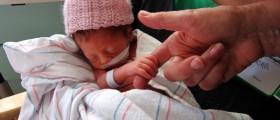



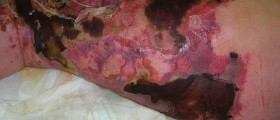
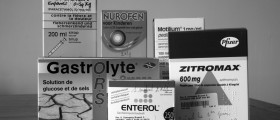
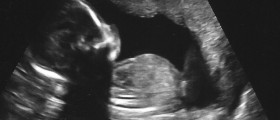
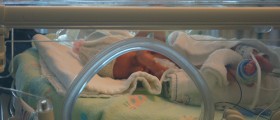

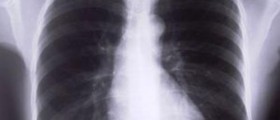

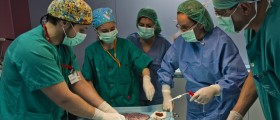
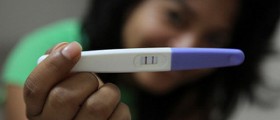
Your thoughts on this
Loading...